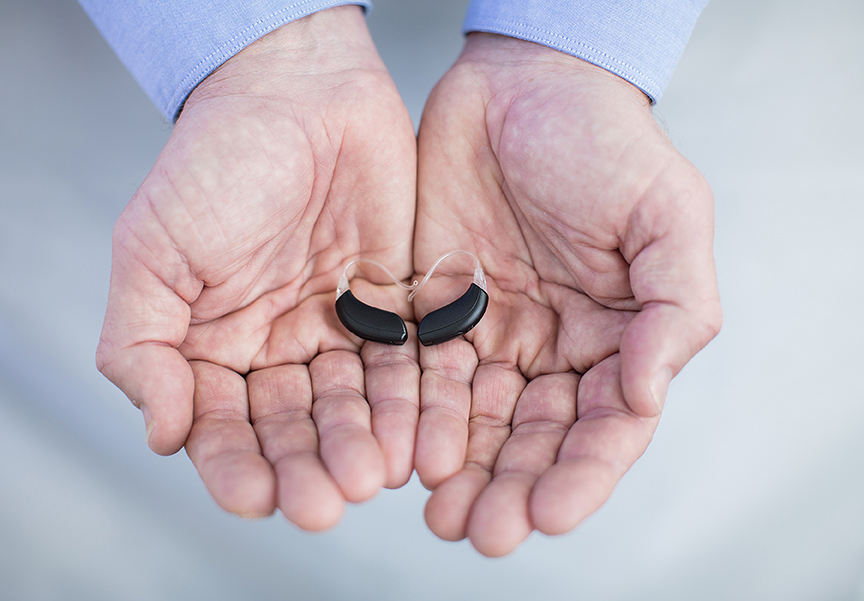
“We need to get back to being a service based, professional industry” – Dr William Vass
Dr William Vass began working in the field of audiology in 1978 – in much different times. Technology was pretty basic compared to today’s digital world; counselling and patient care were more important than relying on technology. After graduating from West Virginia University, Dr Vass’ desire to learn as much about audiology as he could saw him publishing research, enhancing his clinical skills, and going on to receive his Doctorate in Audiology.
According to Dr Vass the hearing industry has moved from one that was once service based, to one that is now, sales based. ‘There is too much emphasis on sales’ says Dr Vass; he feels we are often just putting hearing aids on people and forgetting about the patient as an individual; not thinking of their needs and budget. Such a strong emphasis on selling (and up-selling) hearing aids has led to a drop in standards within the industry that may not reflect the ethics, transparency and honesty you would expect from your audiologist. The result has left clients confused and wary as to the clinician’s motives. Instead of a sales approach what is needed is professional, independent advice about hearing loss and what may be done to help. This is an approach Dr Vass practices; running his own independent clinic he is able to gives his clients specialist audiological advice and choice. ‘I see clients with hearing aids that just don’t work them and as a result they don’t wear them’ he explains, ‘it appears that in the absence of professional advise, clients are unsure of their rights and how to go about getting help’. If you have noticed a decline in your hearing or you are considering hearing aids here is a list of questions and tips to guide you in making an informed choice:
- Know what you are entitled to, for example, DVA clients and pensioners are entitled to free hearing aids.
- Is the clinic owned locally? Is it independent?
- Is there a trial period on hearing aids?
- What are the clinician’s credentials and work experience?
- Is the clinician on commission?
Don’t be afraid to ask questions and to get a clear explanation as to the recommendations you receive. If a hearing aid is recommended, what can you expect from it? There are different levels of technology and not everyone needs the most expensive hearing aid. In fact, most people don’t need the most expensive hearing aid. Don’t settle for less than a full explanation of your hearing loss and a discussion of your particular needs. This begins with a comprehensive hearing assessment (not a free hearing check) and professional, independent advice about the results.